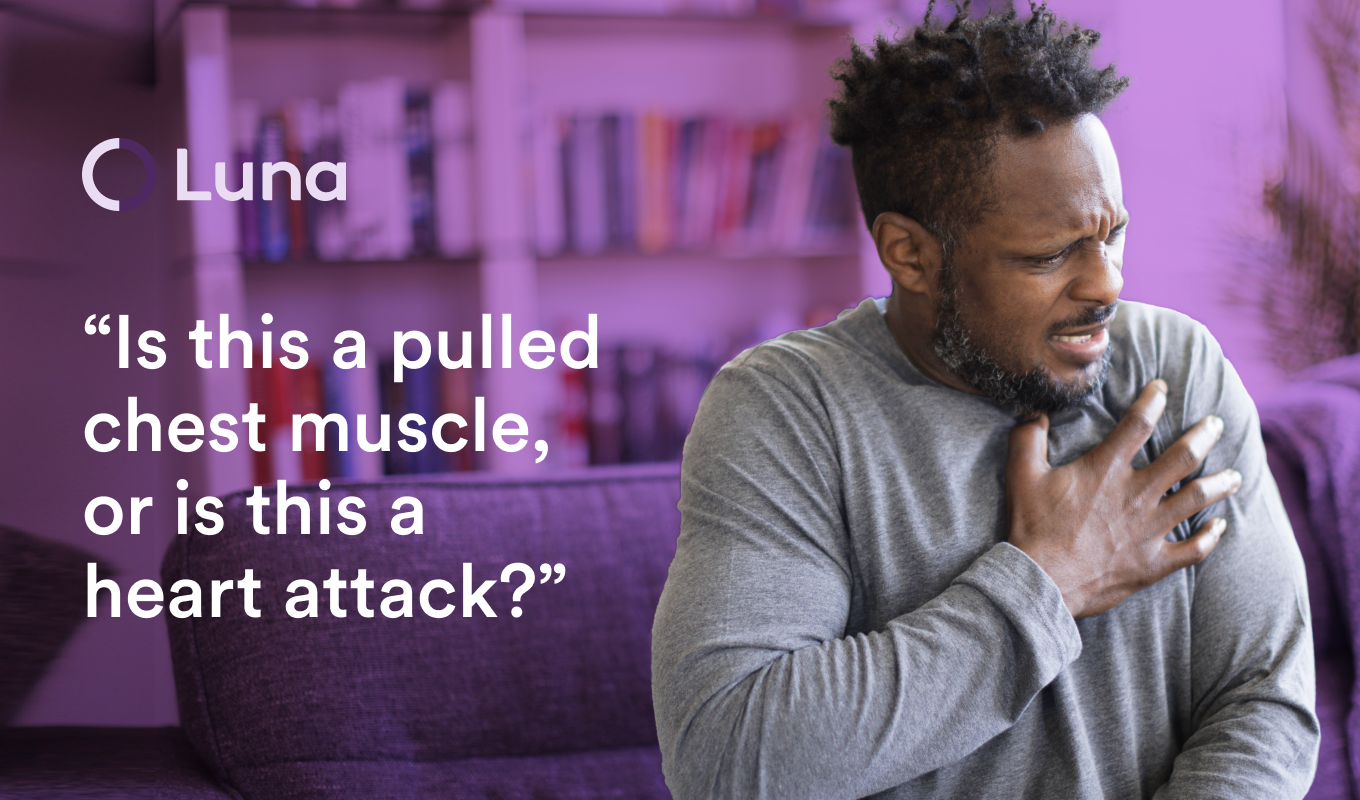
Meet with the best muscle weakness physical therapists in Baltimore, Maryland
Baltimore, Maryland, Luna’s physical therapists specialize in treating patients suffering from chronic muscle weakness. Our PTs help patients improve their quality of life with treatment programs designed to address their condition safely, promptly, and effectively.
The best part? With Luna, patients can receive physical therapy right at home — for muscle weakness and a range of other conditions. Our physical therapists come to you — it’s physical therapy, delivered.

What is muscle weakness?
Although pain, fatigue, and weakness can all hinder muscle use, they’re actually discrete symptom classifications. Fatigue is a feeling of tiredness, exhaustion, or lack of energy, which may make it difficult to use the muscles. Similarly, when patients are experiencing muscle pain, it may be uncomfortable to move the affected areas.
Muscle weakness, however, comprises its own classification. For patients experiencing muscle weakness, moving the muscles may not be a matter of overcoming exhaustion or discomfort — certain movements actually might not be possible. Muscle weakness often occurs as the result of another health problem, such as a thyroid problem, a stroke, a spinal cord injury, or a chronic muscle disorder.
Source: U of Michigan

What causes muscle weakness?
Muscle weakness can be attributed to a number of preexisting health conditions; it’s considered a symptom, not a disorder. Unless muscle weakness can be directly attributed to a tough workout or exhaustion, it’s almost always due to an underlying condition. Injury or illness associated with the brain, nervous system, or the muscles themselves can all result in chronic muscle weakness.
A stroke or spinal cord injury can cause sudden muscle weakness, as can chronic fatigue syndrome, muscular dystrophy, Graves disease, Guillain-Barre syndrome, ALS, or prolonged immobilization (i.e. bed rest).
The most common causes of muscle weakness include:
- Prolonged bed rest
- Exhaustion
- Neurological disorder
- Stroke
- Pre-existing muscle injury
















